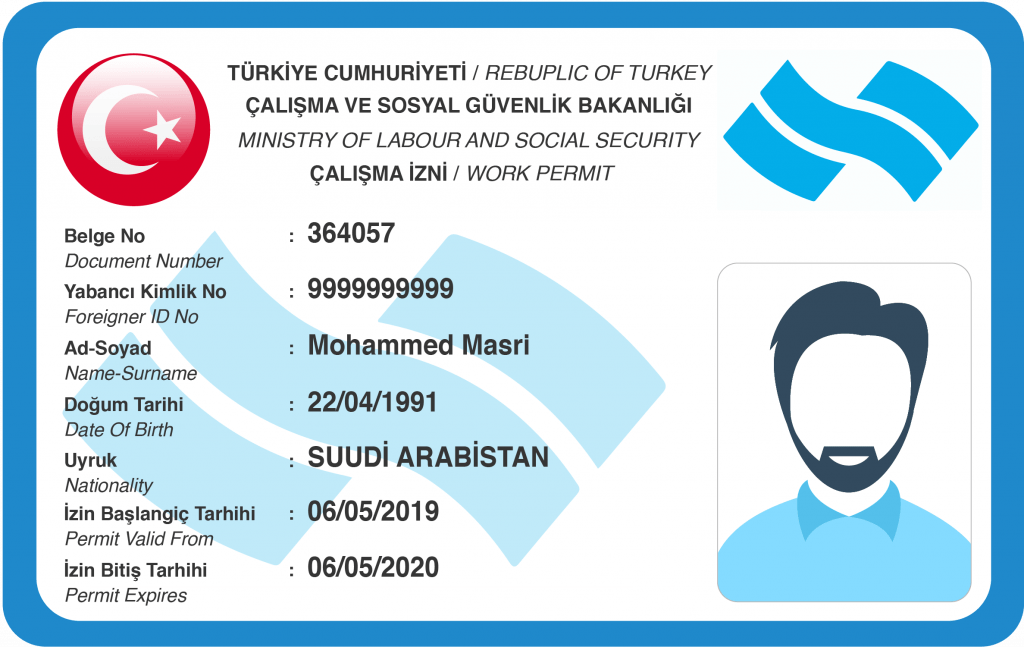Selling your business in Turkey as a foreigner can seem like navigating a maze, but it is an achievable goal with the right guidance. Understanding the business sale process in Turkey is essential to avoid pitfalls. Whether you’re an expat with years of business ownership in Turkey or newcomers considering selling, knowing the right steps will make this journey smoother. This includes adhering to local regulations tailored for foreigners selling businesses. Business selling tips in Turkey emphasize the importance of engaging with knowledgeable advisors who understand expat nuances. From valuing your business accurately to structuring deals that align with local customs, every detail matters. The aim is to ensure your business shines brightly in the Turkish market, attracting potential buyers swiftly. Remember, preparation is the key. By planning each step meticulously, you’re more likely to achieve a successful sale, making parting with your venture a rewarding experience.
Navigating the Legal Landscape of Business Sales in Turkey
Understanding the legal framework is crucial when you decide to sell business Turkey, especially as a foreigner. As expat business ownership Turkey expands, it’s vital to grasp the legal ropes. The business sale process Turkey demands adherence to local laws, ranging from business valuation accuracy to contract structuring. It’s not just about signing on the dotted line; it’s about knowing what’s behind the dotted line. You must ensure compliance with regulations tailored for your unique situation. Engaging with savvy legal advisors is a wise move in understanding foreigners selling business regulations, helping you avoid costly mistakes. Familiarity with legal nuances can be the difference between a seamless sale and a tangled web of issues. Every legal checkpoint is pivotal, acting as guardrails on your road to a successful business sale. Decode the legal landscape, and you’ll navigate your sale with confidence.
When considering how to sell business Turkey, especially for expats, it’s crucial to understand the regulatory hurdles in the business sale process Turkey. The Turkish legal landscape is like a jigsaw puzzle, requiring every piece to fit perfectly for a seamless transaction. Foreigners selling business assets must first familiarize themselves with the necessary permits and local requirements. It’s worth engaging in diligent research or consulting professionals who offer tailored business selling tips Turkey to smooth out potential bumps on the road. Remember, the finer details, like tax implications or employment laws, can significantly influence the overall profit from the sale. Expat business ownership Turkey meetings with local authorities might also be necessary to ensure compliance and avoid any last-minute surprises. By laying a strong legal foundation, you ease the transition and make your business attractive to potential buyers while safeguarding your interests. Sell with clarity, not confusion.
Stepping into the labyrinth of the business sale process Turkey as a foreigner requires an astute understanding of the legal terrain. Every expat dreaming of a seamless sale must first recognize the complex regulations surrounding foreigners selling business ventures. The keys to the castle are often hidden within the intricacies of business permits and local compliance. To keep the castle gates open, savvy business selling tips Turkey suggest coupling local insights with strategizing. This is not simply about signing papers; it’s about ensuring every T is crossed in terms of tax laws, employment regulations, and even environmental statutes. Expat business ownership Turkey means liaising effectively with local advisors who can demystify this legal maze. A strong grasp of the business sale process Turkey empowers you, ensuring your venture presents itself as a golden opportunity rather than a burden. Once you master this legal dance, you can sell your business without missing a beat.
Understanding Market Trends for a Successful Exit
Gaining insight into market trends is crucial when planning to sell a business in Turkey. Foreigners selling businesses must pay close attention to these shifts to maximize their return. Turkey’s economic landscape is as dynamic as a bustling bazaar, with opportunities and risks constantly swirling. Observing patterns in consumer demand, competition, and financial forecasts positions you to make informed decisions. Business selling tips in Turkey often highlight the importance of grasping these trends. Is there a rising interest in your industry, or is demand dwindling? Aligning your sale with the peak of interest ensures a plethora of potential buyers. Expat business ownership in Turkey comes with its own set of challenges, but navigating these with an understanding of the market makes the business sale process in Turkey more fruitful. Stay ahead of the game, adapt swiftly, and watch your business offer shine in the Turkish marketplace.
Closely monitoring economic factors is imperative for a lucrative business sale in Turkey. As a foreigner, the ability to interpret key market indicators can be the difference between a profitable exit and a missed opportunity. The unpredictable nature of Turkey’s economy requires that you stay vigilant, assessing how political fluctuations, foreign exchange rates, and regional developments might influence potential buyers. Business selling tips in Turkey stress that embracing data-driven decisions empowers expat business ownership in Turkey, allowing sellers to position their ventures effectively. Besides, having a finger on the pulse of financial shifts ensures that the business sale process in Turkey caters specifically to both domestic and international buyer interests. By astutely forecasting demand and showcasing the strengths of your enterprise, you pave the way for a successful transition and unlock substantial value. Adopting flexibility and foresight could see your business thrive long after the ink dries on the sale agreement.
Keeping a keen eye on regional developments can significantly bolster your sell business Turkey strategy. Though foreigners selling business may initially feel daunted by Turkey’s ever-evolving market dynamics, well-timed moves can yield a lucrative outcome. Dive deep into local nuances, from business taxation policies to governmental support initiatives that can enhance expat business ownership Turkey. Awareness of these elements forms a cornerstone in business sale process Turkey planning, providing a competitive advantage. Business selling tips Turkey frequently underscore the value of anticipating economic shifts—like a fisherman studying the tides before casting his net. Monitor potential shifts that might open new doors or present unforeseen challenges. By weaving local insights with global trends, you create a sales strategy as robust as it is adaptable. This approach ensures you’re not merely reacting to the market but engaging with it proactively, paving the path towards a prosperous exit.
Essential Steps to Maximize Your Business Valuation
Maximizing your business valuation in Turkey starts with a thorough assessment of your business’s worth. To ensure this, bring in experienced experts who specialize in valuating expat businesses. Look at every asset and liability through a magnifying glass and consider market conditions. Are you aware of the current trends in your industry? Understanding the demand in Turkey’s market can help position your business higher. Clear and organized financial records are crucial. They’ll give buyers confidence, showcasing transparency in your operations. What’s your business’s unique selling proposition? Highlighting what sets you apart can greatly influence buyers’ perceptions. Pay attention to potential risk factors associated with foreigners selling business ventures and find ways to mitigate them. Polish your brand’s image and make sure it stands out. Preparing methodically now can pay off during negotiations. Remember, the clearer the picture you paint, the more likely you’ll command a favorable valuation during the business sale process in Turkey.
Start by assembling a professional team, guiding you on each aspect of the business sale process in Turkey. Having legal advisors who specialize in foreigners selling businesses is vital. They’ll navigate Turkish laws with ease, ensuring your sale progresses smoothly. Next, sharpen your marketing strategy. Emphasize your business’s strengths and your journey as an expat business owner in Turkey, appealing to potential buyers. Meet with financial consultants to audit your finances; clarity here can set you apart from others attempting to sell business in Turkey. Adapt to local market demands by understanding what Turkish investors seek, tailoring your message accordingly. Every detail counts, from crafting an engaging business story to addressing market trends. Engage with local industry experts for insights you might overlook. Remember, these business selling tips in Turkey are your compass, guiding your path towards a successful transaction and ultimately maximizing your business valuation.
To maximize your business valuation, thorough preparation is key. Start by obtaining a precise valuation using reliable methods. Scrutinize each financial detail with precision; a comprehensive audit can accentuate your business’s strengths. Highlight what makes your business unique; this will attract attention during the business sale process Turkey. Consider how the expat business ownership Turkey journey enriches your story and adds value. Engage with foreigners selling business, sharing insights and strategies to enhance your own plan. Involve business selling tips Turkey to navigate potential pitfalls. Implement changes that can improve operations and boost appeal, making your venture irresistible to potential buyers. Document every step in the process, so you’re ready for questions that may arise. These efforts affirm your commitment and ensure foreign investors are intrigued. By focusing on preparation, you can confidently approach buyers, knowing your business stands poised for a favorable market position.






